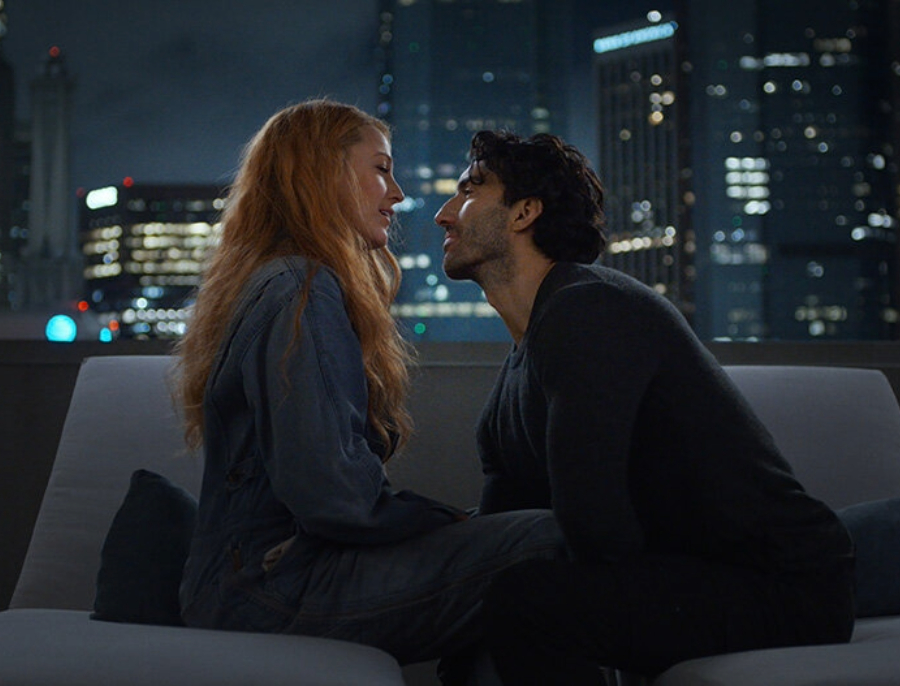Justin Baldoni’s $400 Million Counterclaim Against Blake Lively Just Got Dismissed—What Does It Mean?

A federal judge has thrown out nearly all of Justin Baldoni’s $400 million countersuit against Blake Lively. The decision landed the same week Taylor Strecker coyly hinted at “huge Baldoni-Lively tea” on a Taste of Taylor episode, igniting fresh chatter about Hollywood’s messiest courtroom cliff-hanger. We spoke to two high-profile entertainment lawyers to break down what the ruling means for Team Lively and Baldoni’s best next move—because despite how it looks now, this telenovela-style saga is nowhere near its curtain call.
Why the judge tossed Justin Baldoni’s blockbuster counterclaim
According to The Associated Press, U.S. District Judge Lewis Liman’s 47-page order dismisses the defamation and civil-extortion counts with prejudice, meaning they can’t be re-filed. Only a handful of contract-related theories survived—for now—giving Baldoni until June 23 to sharpen and replead them.
In plain English, the court found:
- Lively’s statements to California’s Civil Rights Department are immune from libel claims.
- Hard-nosed negotiations over creative control are not civil extortion.
- Comments from Ryan Reynolds, publicist Leslie Sloane, and The New York Times lack the “actual malice” needed to sue public figures for defamation.
This ruling also nixed Baldoni’s separate $250 million libel salvo against The New York Times, thanks to journalism’s “fair-report” privilege. In other words, the press can summarize lawsuit allegations without fearing a defamation suit from the people being written about, enshrining the Gray Lady in classic First Amendment protection.
The litigation privilege shields Blake Lively—here’s how
California’s litigation privilege is powerful: Anything said in a legal filing is untouchable in a defamation claim, even if it later proves false. That doctrine single-handedly destroyed Baldoni’s headline allegation that Lively ruined his reputation by calling him a harasser. The judge agreed that the privilege applies because her statements appeared only in her December 2024 harassment complaint, not in splashy interviews or social media posts.
Rahmani: A procedural blow, but the PR war rages on
“This week’s dismissal is a huge win for Blake Lively and her team,” says Neama Rahmani, a former federal prosecutor and West Coast Trial Lawyers president, exclusively to DearMedia.com. “Baldoni will almost certainly appeal…but now he’s playing defense on the sexual-harassment claim, not offense on the defamation claim.”
Rahmani underscores why the extortion theory flopped: “Even if Lively tried to steal creative control of the film, that is not civil extortion…Baldoni can’t prove he was harmed by it.” He also flags California’s speech-friendly lean: “Lively’s statements are protected by the litigation privilege [and] Baldoni can’t sue her for defamation.”
Could this still morph into another Depp-Heard media circus? “Most civil lawsuits settle, but this case was never about the money,” Rahmani notes. “I can see it going all the way to trial. Baldoni seems to be winning the public-relations battle so far, though.”
Translation: Judge Liman may have trimmed the docket, but he didn’t extinguish the headline potential.
Could Justin Baldoni still score a legal comeback?
Entertainment litigator Tre Lovell, who also spoke to DearMedia.com, is blunt about Baldoni’s remaining options: “These claims have been dismissed, and absent a reversal on appeal, cannot be brought again.” Baldoni’s path forward, Lovell explains, is limited to three causes of action—tortious interference, breach of contract, and breach of the implied covenant, plus an all-out defense against Lively’s original harassment and retaliation suit.
Baldoni’s attorney, Bryan Freedman, insists Monday’s ruling is “no victory” for Lively, promising to amend the contract counts and keep fighting her “secret smear campaign.” But appeals in the Second Circuit are uphill climbs: appellate courts rarely disturb privilege rulings unless there’s a clear legal error that leaps off the page.
Still, Baldoni isn’t completely out of moves:
- A tightly drafted interference claim might survive if he proves Lively’s alleged power-grab breached written agreements.
- He could ask the judge to certify an immediate appeal on the privilege rulings, though that’s a long shot.
- And, of course, the PR battlefield remains—Rahmani notes Baldoni “seems to be winning” hearts and minds outside the courthouse, which is a win for #TeamJustin.
What happens next—appeal, settlement, or a 2026 showdown?
With a trial penciled for March 2026, the timeline looks like this:
Baldoni files his amended complaint by June 23, followed by months of discovery that will likely include celebrity depositions and subpoena drama all summer. There’s a mediation window around fall 2025, assuming both sides are willing to negotiate
If no deal emerges, jury selection starts 21 months from now, which gives us plenty of time for more leaks, Instagram shade, and podcast teasers (with Taylor Strecker undoubtedly leading the charge).
Monday’s order is a decisive courtroom win for Blake Lively, but it doesn’t drop the curtain on Justin Baldoni. He’s lost his biggest swing, yet still holds smaller contract claims—and perhaps the louder megaphone in the court of public opinion.
Whether this blockbuster feud fades in mediation or explodes into a Depp-Heard-style spectacle depends on who blinks first. For now, keep the popcorn handy, because act two is about to begin.




















Leave a Reply